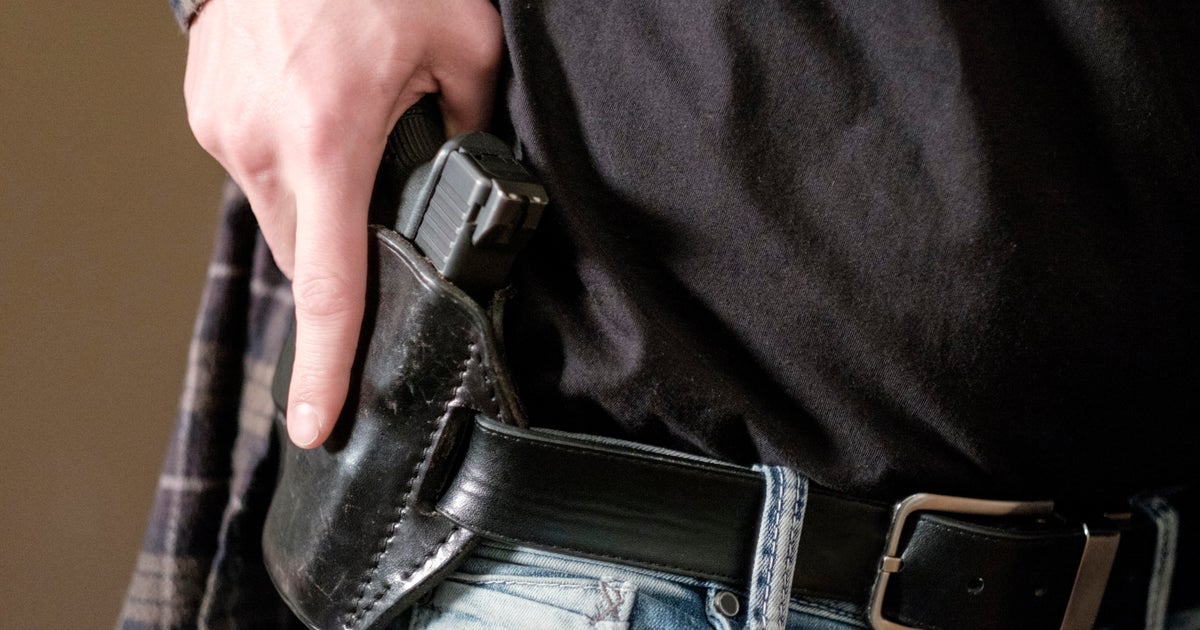WASHINGTON — A federal judge in Florida ruled Wednesday that its “hands are tied” in releasing federal grand jury transcripts from 2005 and 2007 in connection with an investigation into Jeffrey Epstein.
The ruling was separate from a request that the Justice Department has pending related to a grand jury in the Southern District of New York, where Epstein was ultimately indicted. Epstein died in 2019 while awaiting trial in New York. His accomplice Ghislaine Maxwell was convicted in 2021 and is now serving a 20-year sentence.
In the Florida case, U.S. District Judge Robin Rosenberg said that, though the government believes special circumstances exist and the policy reasons for grand jury secrecy have expired, its rationale “are no exceptions” to grand jury secrecy.
The New York Times was first to report on the ruling.
The government, Rosenberg wrote, “has effectively conceded that the Court’s hands are tied” because of a binding precedent by the 11th U.S. Circuit Court of Appeals.
The judge noted that two other appeals courts have allowed additional exceptions to releasing grand jury material. One is the 2nd U.S. Circuit Court of Appeals, whose jurisdiction includes New York City and where the administration has moved to unseal additional grand jury testimony relating to the Epstein and Maxwell investigations.
Trump last week directed Attorney General Pam Bondi to “produce any and all pertinent Grand Jury testimony” in the Epstein case.
The directive came after fierce public backlash to an unsigned joint DOJ-FBI memo saying it had reviewed the case against Epstein and Maxwell and that no other people would be charged in connection with their trafficking of minors and that no additional material or evidence would be released.
Trump’s order also came hours after The Wall Street Journal reported that Trump sent a “bawdy” 50th birthday letter to Epstein in 2003. NBC News has not independently verified the documents, and Trump denied sending such a letter. Trump has filed a lawsuit against the newspaper’s publisher, two of its reporters and News Corp. founder Rupert Murdoch over the story (the newspaper has said that it stands by its reporting.)
Epstein’s criminal case and 2019 death, which was ruled a suicide, has long been the subject of conspiracy theories. Trump and his allies during his presidential campaign were among those who spread or supported such theories.
The documents in Florida related to the initial investigation into Epstein in Florida in 2005. The ruling said there had been two grand juries in the case — one in 2005 and the other in 2007.
Epstein, whose social circle had included the likes of Trump, former President Bill Clinton and Prince Andrew, struck a much-scrutinized deal that allowed him to plead guilty to state solicitation charges involving a single underage victim, despite investigations into dozens of others. Federal prosecutors now say he “harmed over 1,000 victims.”
Rosenberg’s ruling said the government essentially conceded she did not have the authority to release the transcripts, but her swift decision will allow the administration to ask the 11th Circuit to reconsider its earlier ruling on grand jury secrecy.
The Justice Department said it was reviewing the ruling and declined further comment.
The 2nd Circuit has held that judges have inherent authority to release grand jury materials in special or exceptional circumstances, and held that one of the factors they can consider is “historical interest” and the passage of time.
There are two separate judges considering the government’s requests in New York. One is in the case that had been brought against Epstein and the other is in the case that had been brought against Maxwell, who’s appealing her conviction to the U.S. Supreme Court.
Those judges are moving more methodically than Rosenberg and it will be at least two weeks — if not several weeks longer — before they make any decisions on the request.
The judges in New York asked for far more information in the case while they weigh the government’s motion and have directed DOJ to provide them with them with grand jury materials under seal and with proposed redaction by next week.
They’ve also asked Maxwell and Epstein’s attorneys to provide a letter setting out their respective positions about the materials becoming public on or by August 5. The judges also said victims can submit letters sharing their positions with the judges by August 5 as well.
After those submissions are filed, the judges may or may not hold hearings in their respective cases. They could also take the submissions and issue a ruling at some point.
Maxwell’s attorneys had asked to review the transcripts themselves prior to stating their position, a request that a New York federal judge rejected on Wednesday.
“The Court will review these transcripts expeditiously. In the event the Court determines it would benefit from Maxwell’s commentary as to a discrete aspect of these transcripts, the Court stands ready to make that excerpt, or a synopsis thereof, available to her counsel to facilitate counsel’s briefing,” U.S. District Judge Paul Engelmayer wrote.
Source link
